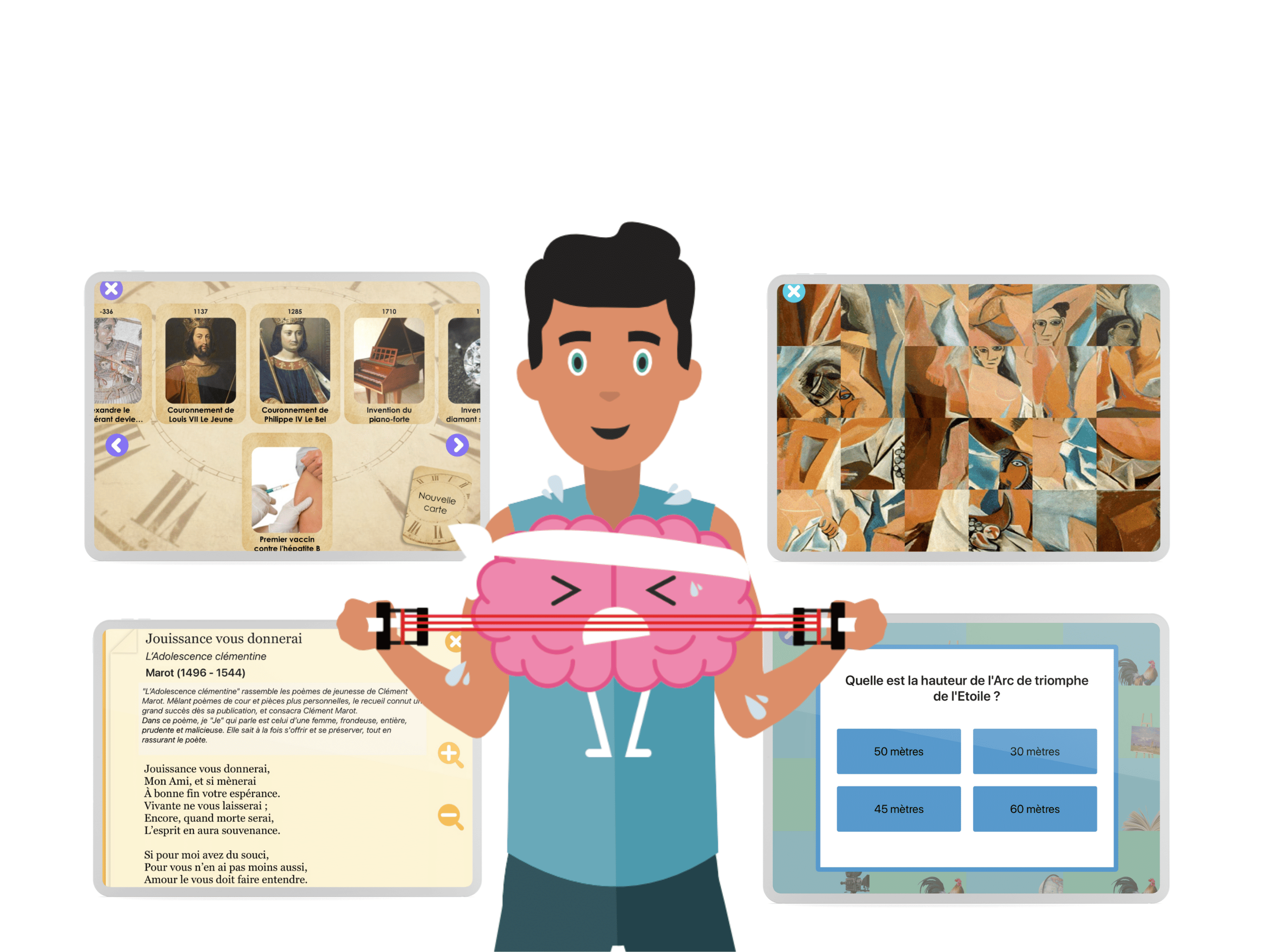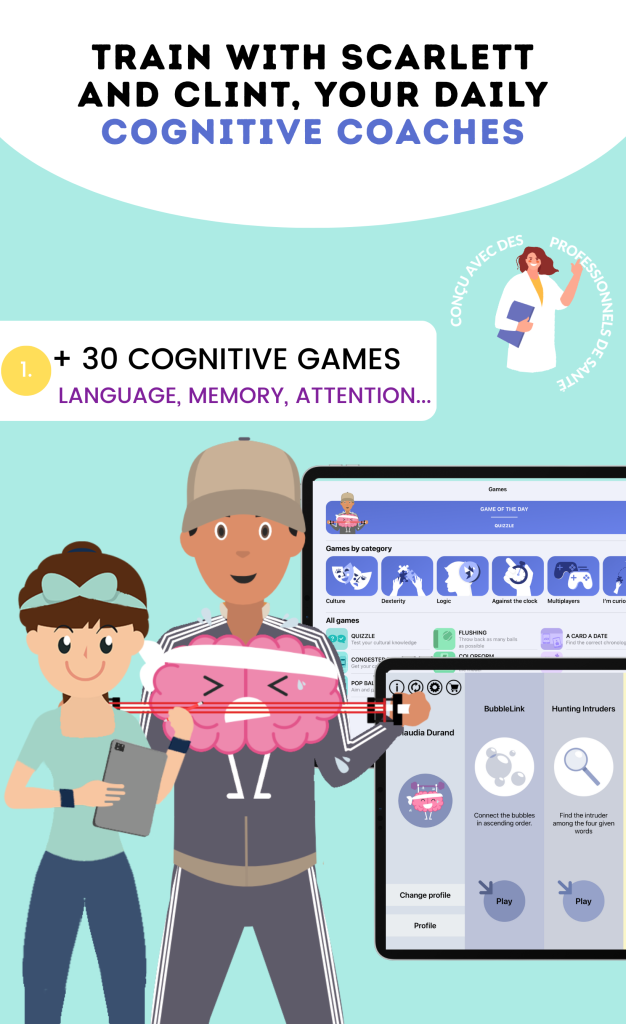Retirement is an important stage of life. Jeannette had to study all this to prepare herself as best as possible. There are two aspects that our coaches feared: the fear of no longer having enough social relationships, of interactions. She also fears not being adequately supported.
Today I will try to help you as best as I can to prepare your retirement. It requires solid foundations, including in terms of health. 54% of seniors say they are concerned about their future health.
Should one prefer to keep their old company health insurance? Or rather choose a senior health supplement?
Retirement, a new beginning more or less well experienced
Seniors view this moment as an opportunity to engage in new activities. Retirement can also be experienced as a renewal.
This is what emerges from the study conducted by the Ifop institute for the Attitude Prévention association. It allowed for the creation of a true typology of retirees, including 35% “ultra-active”. Next come the “solitary epicureans” at 29% and the indifferent ones at 26%. They consider that their new life remains a continuation of the previous years.
The remaining 10% are “isolated pessimists”, a minority who experience the fact of no longer working and aging very poorly.
Moreover, this same study reveals that 9 out of 10 seniors organize at least one activity. 89% of retirees engage in two activities, whether physical, cultural, or social.

A good health insurance to preserve seniors’ health
For many seniors, engaging in new activities and exercising represents a nice path to give themselves a second youth. In 2014, 54% of seniors were indeed worried about their future health. As a result, 78% of them paid attention to their fitness.
It is important to choose a good health insurance when retiring. Note that former employees of a company can keep their company health insurance under the ” right of continuation “.
An option that allows them to avoid changing insurance. The part that was once covered by the employer at 50% now belongs to them. Moreover, the health coverage remains the same as that of active employees.

Health insurances dedicated to seniors
There are also insurances specifically dedicated to seniors. It is important to choose wisely among the offers. To avoid paying for unnecessary coverage, it is advisable to establish a precise assessment of your situation. The first step is to conduct a complete medical assessment to highlight the care you need the most.
It will then be necessary to take into account your results and accompany them with visits to your general practitioner, your ophthalmologist, and your dentist.
Among the existing offers, the GSMC Mutual offers balanced health guarantees tailored to your situation, so you only pay for what you really need.
With the various offers from the GSMC Mutual, benefit from:
- quality services at a fair price,
- a close relationship,
- solidarity actions.


Workshops on “aging well” to prepare for retirement
The various social protection schemes, the CNAV, the CARSAT (formerly CRAM), the MSA, and the RSI have joined forces. The aim is to offer various workshops to prepare for the transition well.
These moments of exchange and information are intended to cover all aspects of aging well.
There are also awareness actions on nutrition or physical activity. The Agirc-Arcco complementary pension funds also implement similar actions.
Before anything else, inquire with your primary health insurance fund. Don’t forget to choose a mutual insurance specifically adapted to your new needs!
Train your memory to stay in great shape with your coach CLINT
Brain training programs
There are many ways to exercise your memory and cognitive functions. Daily practice of brain exercises reduces the risk of neurological disorders, as some programs act on all cognitive functions.
The brain training program CLINT has been specifically designed for adults to keep the brain healthy through fun and stimulating brain exercises. It includes over 30 cognitive games and targets concentration, focus, reflexes, languages, and many other cognitive functions.

Physical activities suitable for seniors
Regular physical activity is essential for maintaining good health and overall well-being in seniors. It not only helps prevent diseases but also improves quality of life. Here are some suitable physical activities:
- Nordic walking: An excellent way to work the heart while preserving the joints.
- Yoga: Promotes flexibility, balance, and mental relaxation.
- Swimming: A gentle activity that strengthens muscles without impacting the joints.
- Aquagym: Ideal for working on endurance and mobility in water.
- Dance: Fun and beneficial for coordination and socialization.
Nutrition and diet for a healthy retirement
A balanced diet is crucial for seniors to stay fit and prevent certain diseases. Here are some nutritional tips:
- Consume fruits and vegetables: Rich in vitamins and minerals, they strengthen the immune system.
- Favor lean proteins: Opt for fish, poultry, or legumes to maintain muscle mass.
- Hydration: Drinking enough water is essential, even if you are not thirsty.
- Limit sugar and salt: Reduce the consumption of processed foods to avoid chronic diseases.
- Meal balance: Ensure a good balance between carbohydrates, proteins, and fats.
The role of technology in seniors’ daily lives
New technologies play an increasingly important role in the lives of seniors. They can facilitate their daily lives and improve their quality of life. Here are some examples:
- Health apps: Allow tracking of medications, medical appointments, and physical activities.
- Communication tools: Smartphones and tablets help maintain contact with family and friends.
- Home automation: Smart home systems can enhance safety and comfort at home.
- Leisure platforms: Access to games, online courses, and cultural activities to stimulate the mind.
- Telemedicine services: Allow consultations with healthcare professionals without traveling.
Support groups and social networks for seniors
Joining a support group or social network can greatly help seniors integrate and share their experiences. Here are some benefits:
- Sharing experiences: Sharing stories and advice with others can be beneficial for morale.
- Common activities: Participating in outings or workshops strengthens social ties and combats isolation.
- Access to resources: Groups can provide information on available services, activities, or care.
- Emotional support: Having a support network helps cope with the challenges of aging.
- Creating new friendships: Social interactions are essential for mental well-being.





